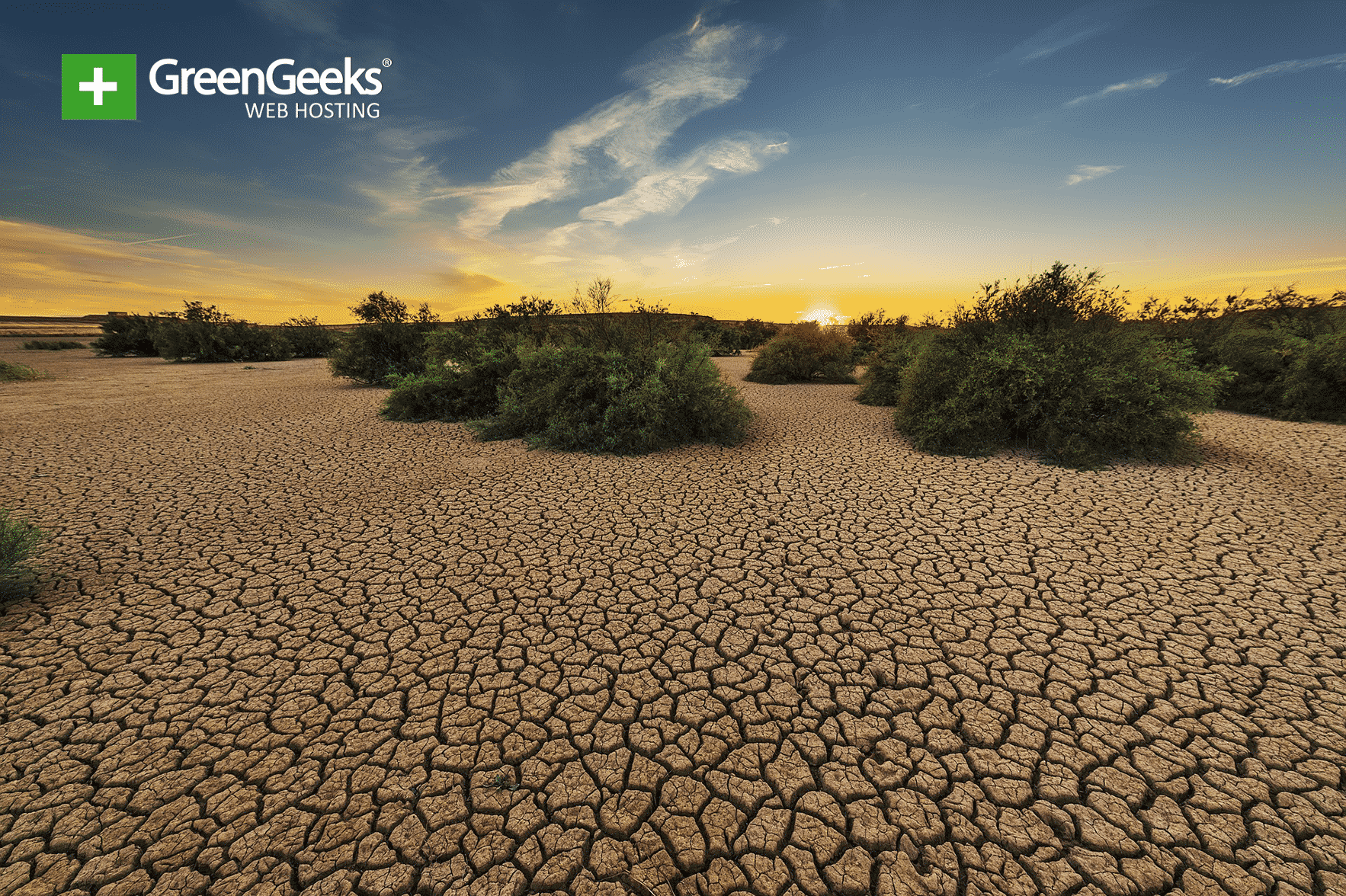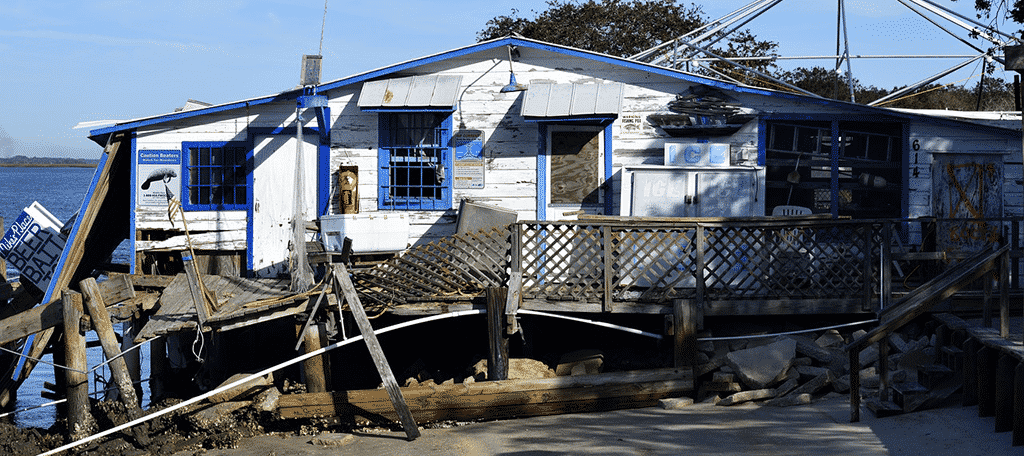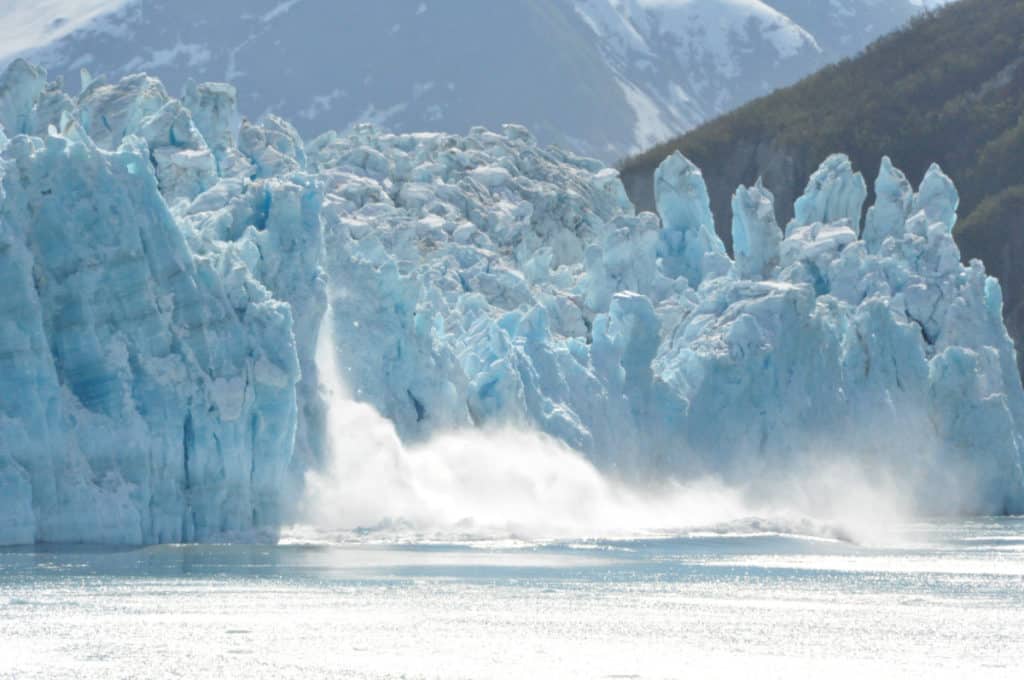
Climate change is on track to force 120 million people into poverty by 2030, according to a new UN report. This will happen even if the Paris Agreements 1.5C limitation on the global temperature is met.
Climate change will result in warmer weather, which in turn will cause more extreme conditions including hurricanes, floods and droughts. On top of this, the sea level will rise forcing coastal residents to move further inland.
Residents that are already living on the poverty line will not have the resources necessary. Thus, they will spend everything they have to relocate and enter extreme poverty.
Why Does Climate Change Create Poverty

Extreme weather events have a drastic effect on residents. Losing a farm, house, car or just about anything can seriously disrupt a family’s financial situation.
Due to climate change, extreme weather will become more frequent and intense as temperatures continue to rise. This only raises the chances for families already living on the edge or even middle-class families being forced into poverty.
On top of losing their homes, food and water supplies are at risk. The cost of these will surely rise in the future, which will make it even harder for poorer families.
The Rich Won’t Have A Problem
In stark contrast to poorer families, the rich will have no issue relocating. They have the resources to do so. This, by itself, is a factor that will make it harder for the poor.
Obviously, if these families relocate, that means there will be less space for those who are less fortunate. This will create overcrowding and make it easy to spread diseases.
The United States Is Not Safe from Climate Change
Even the richest country in the world is not safe from the effects of climate change. A report from the Science Journal in 2017 has already concluded that the poorest counties in the United States will be affected the worse.
This should come as little surprise because 78% of American workers live paycheck to paycheck. Ultimately, this means normal families do not have the necessary money to recover from single emergencies let alone multiple ones.
Governments are Not Doing Enough
Governments around the world have been informed about the consequences of climate change, yet the majority of nations are not on track to meet the Paris Agreement’s 1.5C goal.
Instead, the world is on track to go far past 1.5C and reach irreversible levels of greenhouse gases in the atmosphere.
Our generation is the last one that can prevent this from happening.

